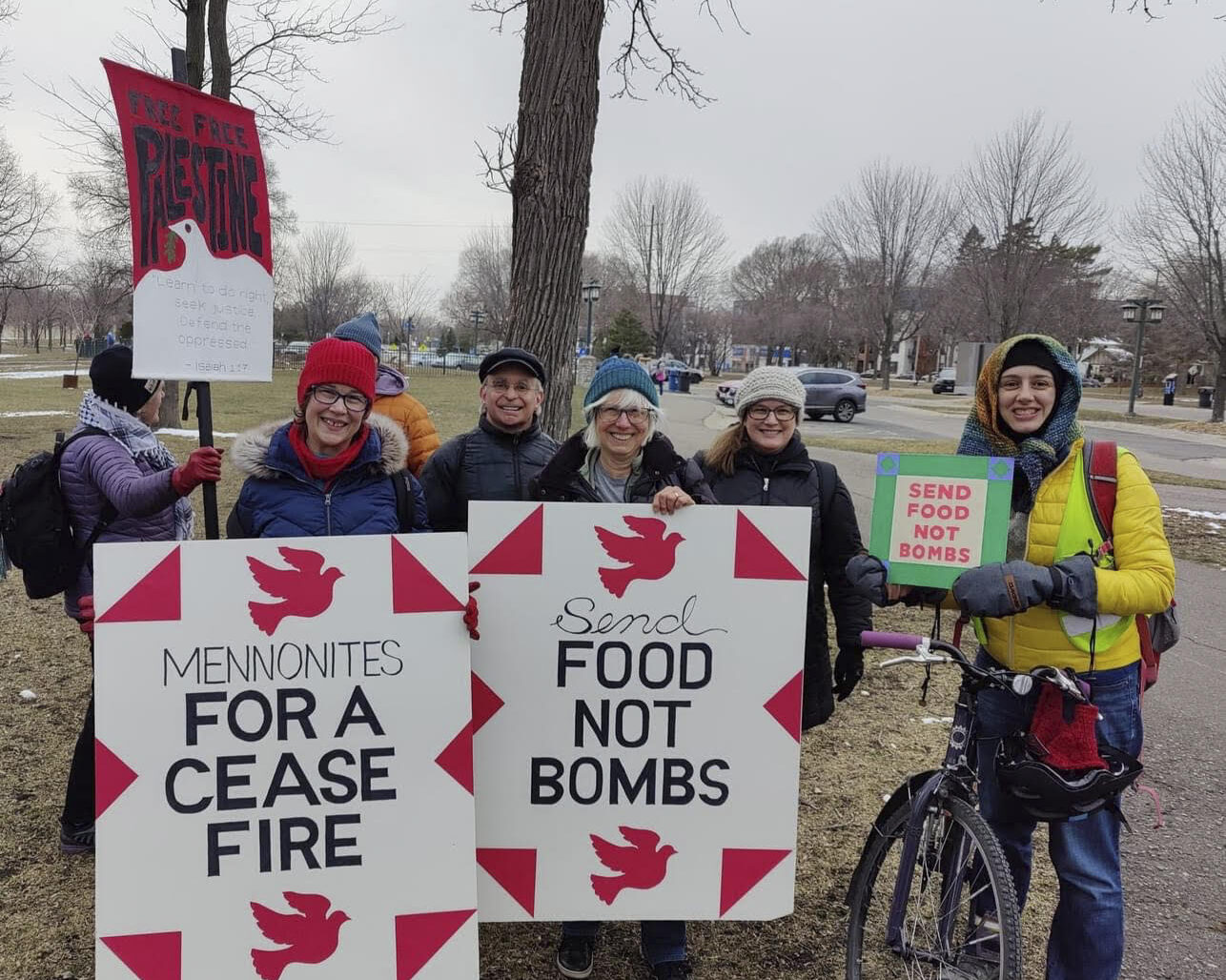I graduated with my B.A. in June of 1960. That was it. I’d done everything I was supposed to do. I’d been a good Catholic boy, until I couldn’t handle the emotional, psychological and philosophical contradictions, and I just quit. I grew tired of the Jesuit reasoning that conjured up arguments to make every natural question or impulse something somehow contrary to God’s grace. Finally, like a house of cards, it collapsed, and I walked away from it without bothering to pick up the pieces.
I had been an Eagle Boy Scout—St. Helena’s Troop 38. I enjoyed the camaraderie of overnights. But I chafed at the military structure, the authoritarian chain of command. Finally, by the end, when I was 15, I would find the campsite where the overnight was going to be, and the night before I would go there and bury a six pack of beer for me and my buddies to drink the next night around the campfire.
So, when I graduated from college in June of 1960 I quite reasonably assumed there was nothing meaningful left for me to do with my life. I began listening to Beethoven quartets and contemplating suicide. I was thoroughly enjoying my melancholia when I discovered my condition was a common literary device. “The Sorrows of Young Werther”—a young beautiful, idealistic artist, contaminated and corrupted by an ugly world finds no solution but to end his life. How perfect. How sweet. How stupid and mundane. How trite. So, I did that for a couple of months and then went to graduate school.
By the end of graduate school, when I had just about run out of courses to take, I managed to convince a professor to let me take a readings course from him. I would submit a list of books I wanted to read. He would approve it, and then I’d write a short critique of the book at the end of the quarter. It was a lovely way to earn credits, and I read Dickens, Marx’s Capital, Volume I and Karl Polanyi’s “The Great Transformation,” which begins: “Nineteenth century civilization has collapsed.” Before World War I, crowned heads ruled all the nations of Europe. By the end of the Great War they were all replaced with parliaments. I used the concept as the starting point for my Ph.D. dissertation.























